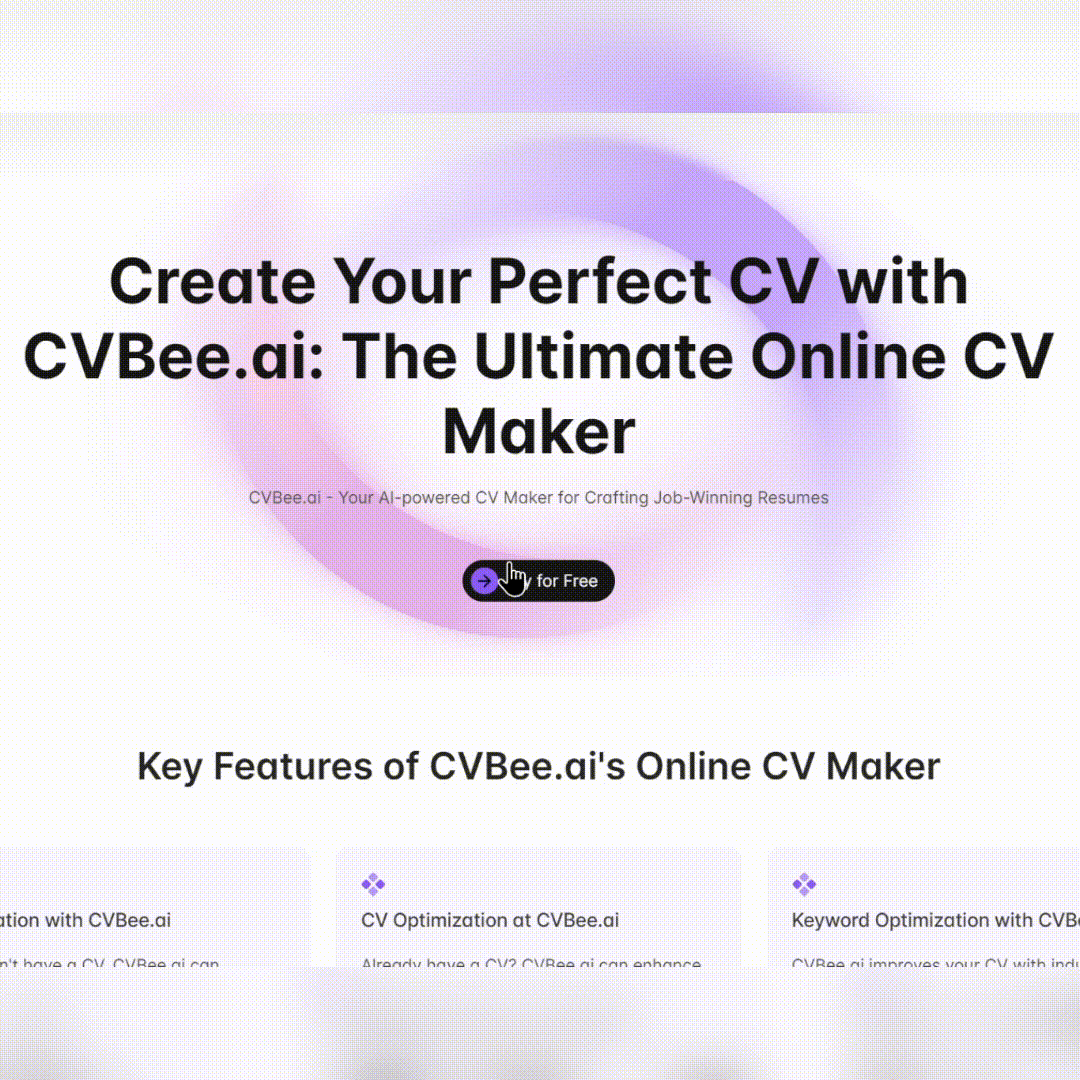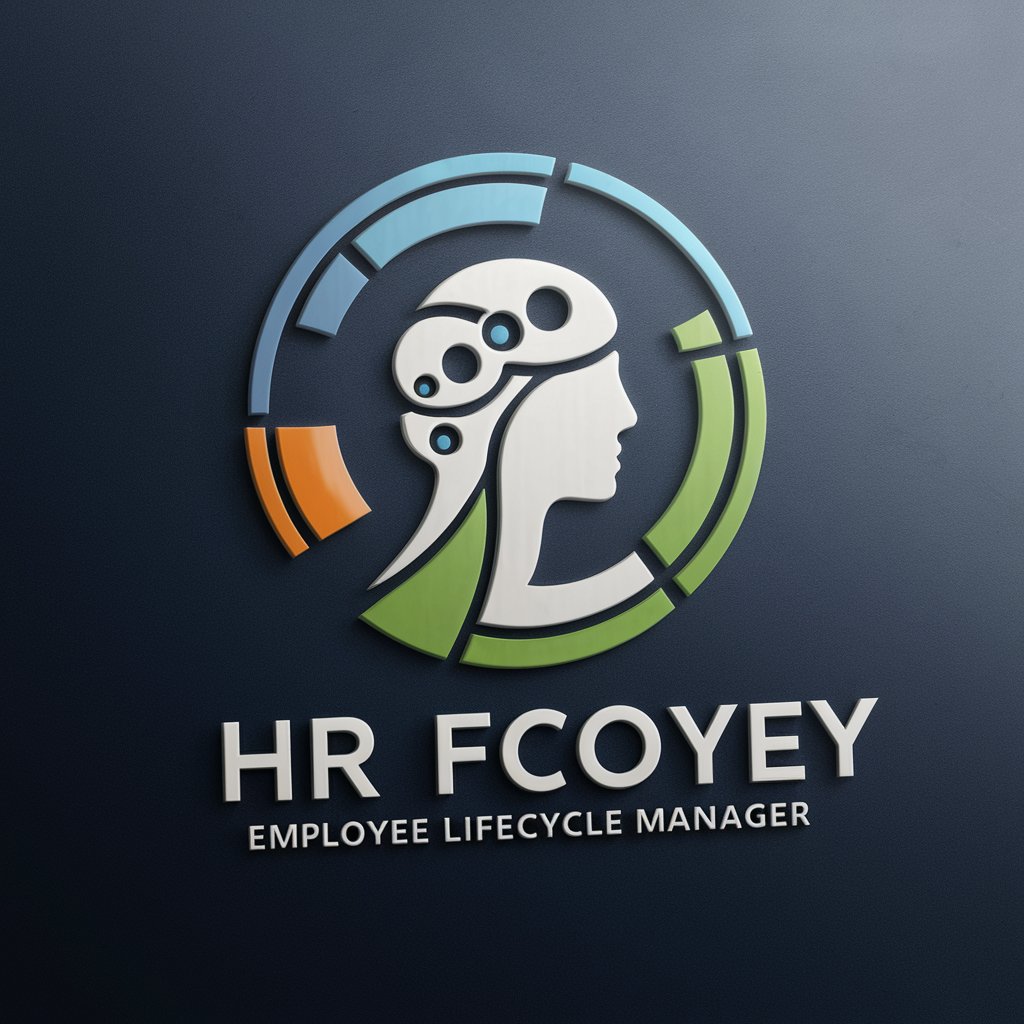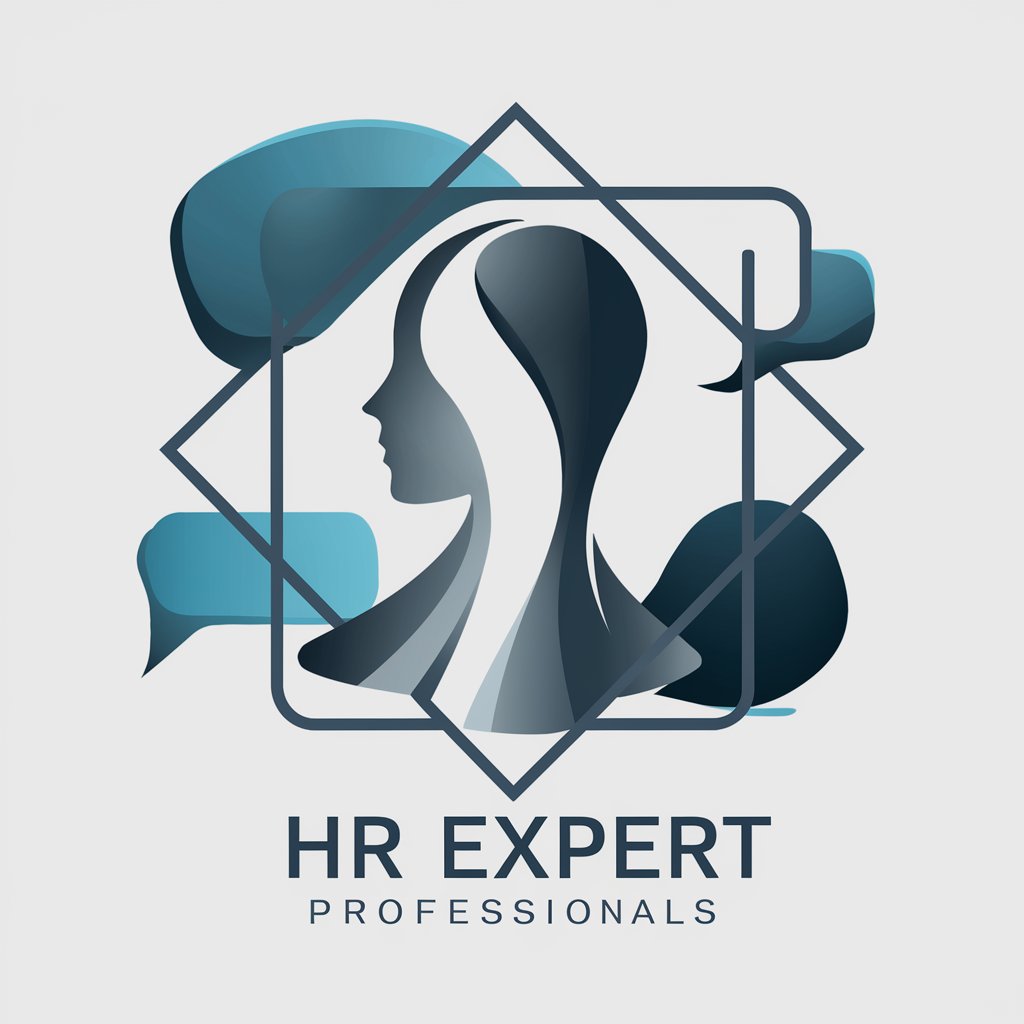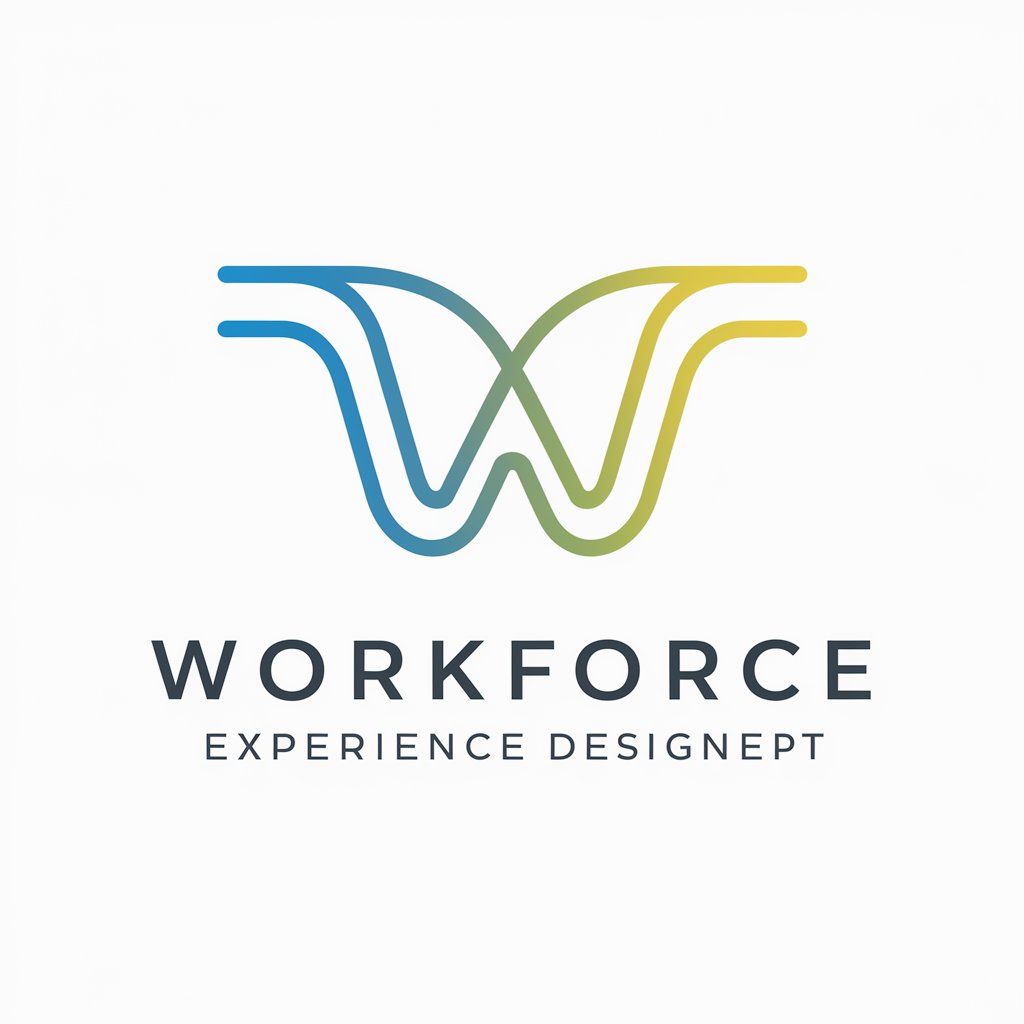
HR Employee Lifecycle 🔄⭐ Manager GPT - HR Lifecycle Management
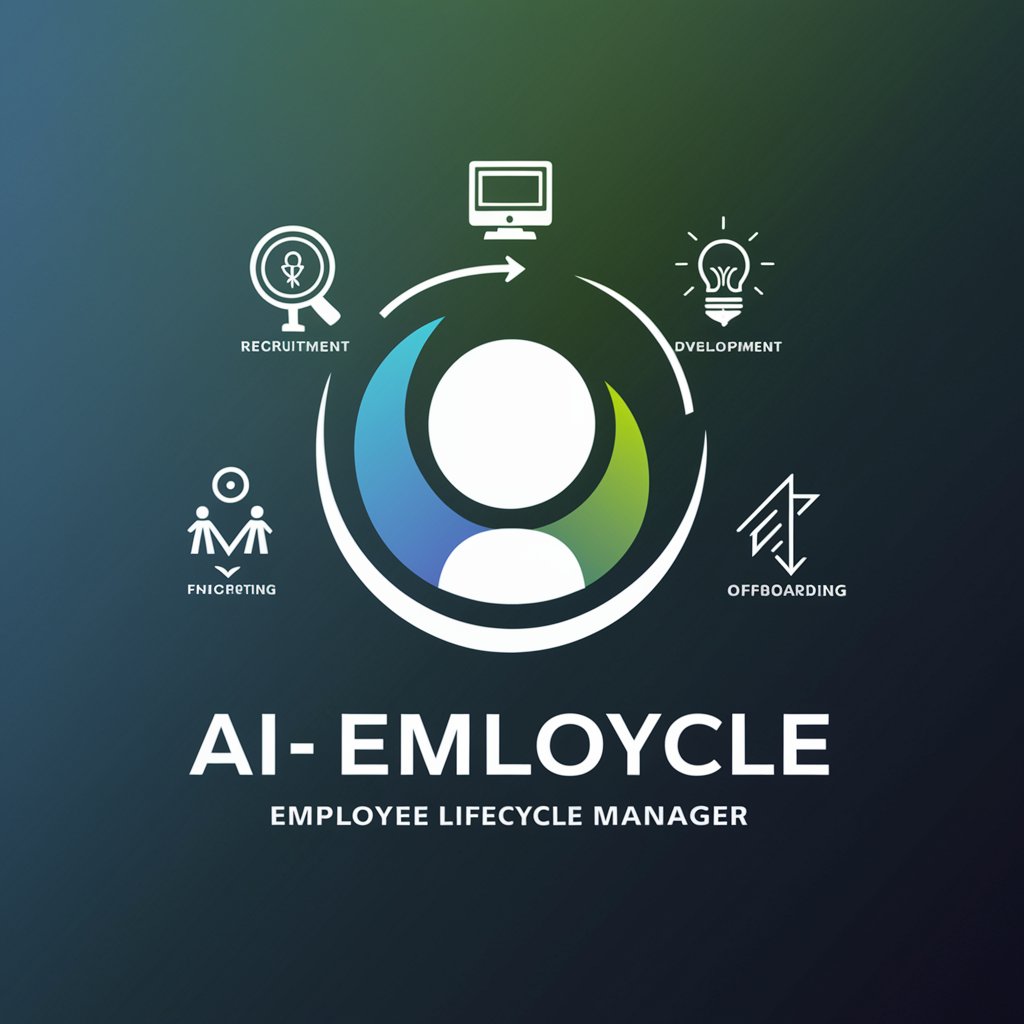
Welcome! How can I assist you with your HR needs today?
AI-powered HR Lifecycle Optimization
How can I optimize the employee onboarding process?
What are the best practices for employee retention?
Can you help me create a performance review template?
What legal considerations should I be aware of in HR management?
Get Embed Code
Introduction to HR Employee Lifecycle Manager GPT
HR Employee Lifecycle Manager GPT is designed as a comprehensive AI assistant to support human resource professionals and department heads in navigating the complexities of managing an employee's journey within an organization. Its core purpose is to offer guidance and tools across all stages of the employee lifecycle, from recruitment and onboarding, through development and retention, to offboarding. This GPT leverages advanced AI capabilities to generate, review, and provide insights on HR-related documents, compliance with legal standards, employee engagement strategies, and performance management systems. For example, it can create detailed job descriptions tailored to specific roles, suggest improvements to onboarding processes based on industry best practices, or offer strategies for enhancing employee retention rates. By integrating the latest HR trends and legal requirements, it ensures that organizations can optimize their human capital management efficiently and effectively. Powered by ChatGPT-4o。

Main Functions and Use Cases of HR Employee Lifecycle Manager GPT
Recruitment and Onboarding
Example
Generating job descriptions, onboarding checklists, and planning the first week for new hires.
Scenario
An HR manager needs to create a job description for a new role. The GPT can provide a template, suggest key responsibilities, required skills, and compliance considerations. For onboarding, it can outline a comprehensive checklist, including necessary paperwork, training sessions, and integration activities to ensure a smooth transition for new employees.
Development and Retention
Example
Designing personalized employee development plans and retention strategies.
Scenario
A department head wants to reduce turnover by implementing targeted employee development programs. The GPT suggests a framework for assessing individual employee goals, skills gaps, and potential career paths within the organization, coupled with retention strategies such as recognition programs, benefits packages, and career advancement opportunities.
Performance Management
Example
Facilitating the creation and review of performance evaluation documents.
Scenario
It's time for annual performance reviews, and an HR professional needs to streamline the process. The GPT assists by providing templates for performance reviews, offering guidance on setting measurable objectives, and suggesting feedback methods that promote constructive discussions between managers and their teams.
Offboarding
Example
Creating exit interview questionnaires and offboarding checklists.
Scenario
An employee decides to leave the organization, and the HR department wants to ensure a structured offboarding process. The GPT helps draft an exit interview questionnaire that gathers feedback on the employee's experience and identifies areas for improvement. It also generates a comprehensive offboarding checklist, covering aspects such as the return of company property, final payroll processing, and access revocation.
Ideal Users of HR Employee Lifecycle Manager GPT Services
HR Professionals
Human resource managers and specialists who are responsible for overseeing various aspects of employee management. They benefit from using the GPT to streamline HR processes, ensure compliance with legal standards, and implement best practices for employee engagement and retention.
Department Heads and Managers
Leaders who are directly involved in managing teams and are responsible for their development, performance, and satisfaction. They can leverage the GPT to better understand their team's needs, improve management practices, and foster a positive work environment.
Small to Medium-Sized Business Owners
Owners of smaller enterprises who may not have a dedicated HR department but still need to manage employee-related functions efficiently. The GPT provides them with accessible tools and knowledge to handle HR tasks professionally, thus saving time and resources while maximizing employee productivity and satisfaction.

How to Use HR Employee Lifecycle Manager GPT
1
Start by visiting a dedicated platform offering a trial without login requirements, ensuring easy and immediate access to the tool.
2
Identify the HR challenge or requirement you're facing, whether it's recruitment, onboarding, employee development, retention, or offboarding.
3
Use the tool's query or command input to describe your HR need or question. Be as specific as possible to receive tailored advice or documents.
4
Explore the tool's recommendations, documents, or guidelines provided in response to your query. Utilize the ability to generate documents or obtain HR-related insights.
5
Apply the insights, templates, or advice in your HR processes. Revisit the tool for ongoing support across the employee lifecycle stages.
Try other advanced and practical GPTs
🤝👥 EmpowerHR - Employee Advocacy Bot
Empower your workforce, amplify your brand.
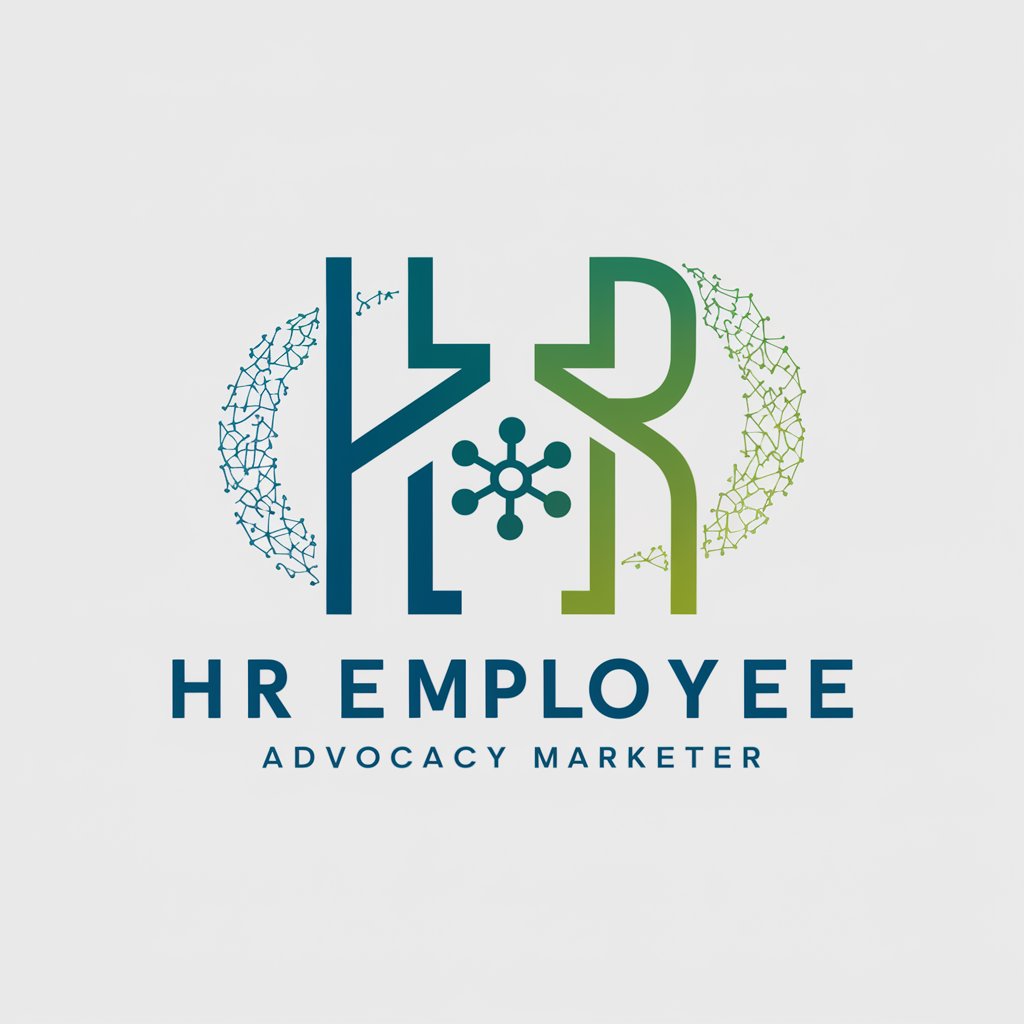
🏢🛡️ Resilience Strategy Architect
AI-powered resilience and risk management
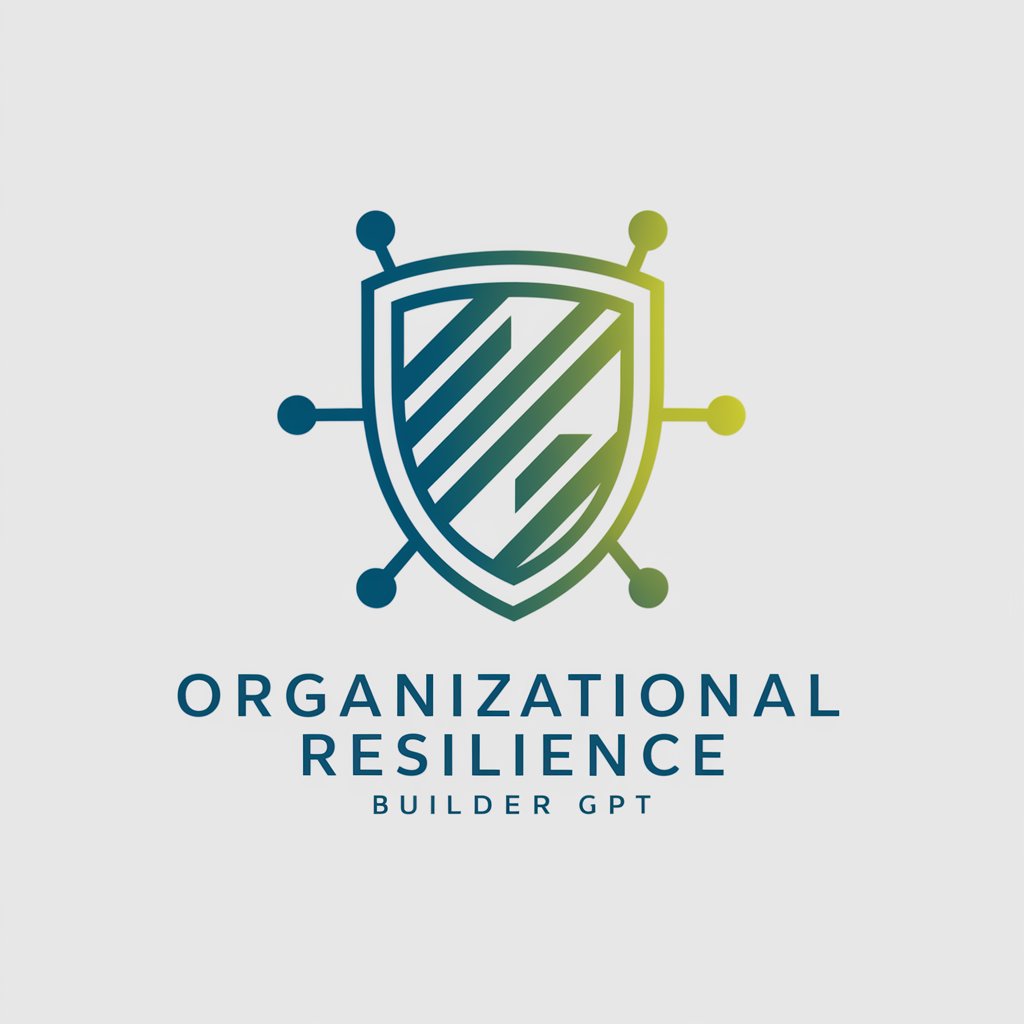
HR Tech Evaluator Pro 🤖💼🔍
AI-powered, Comprehensive HR Tech Guidance
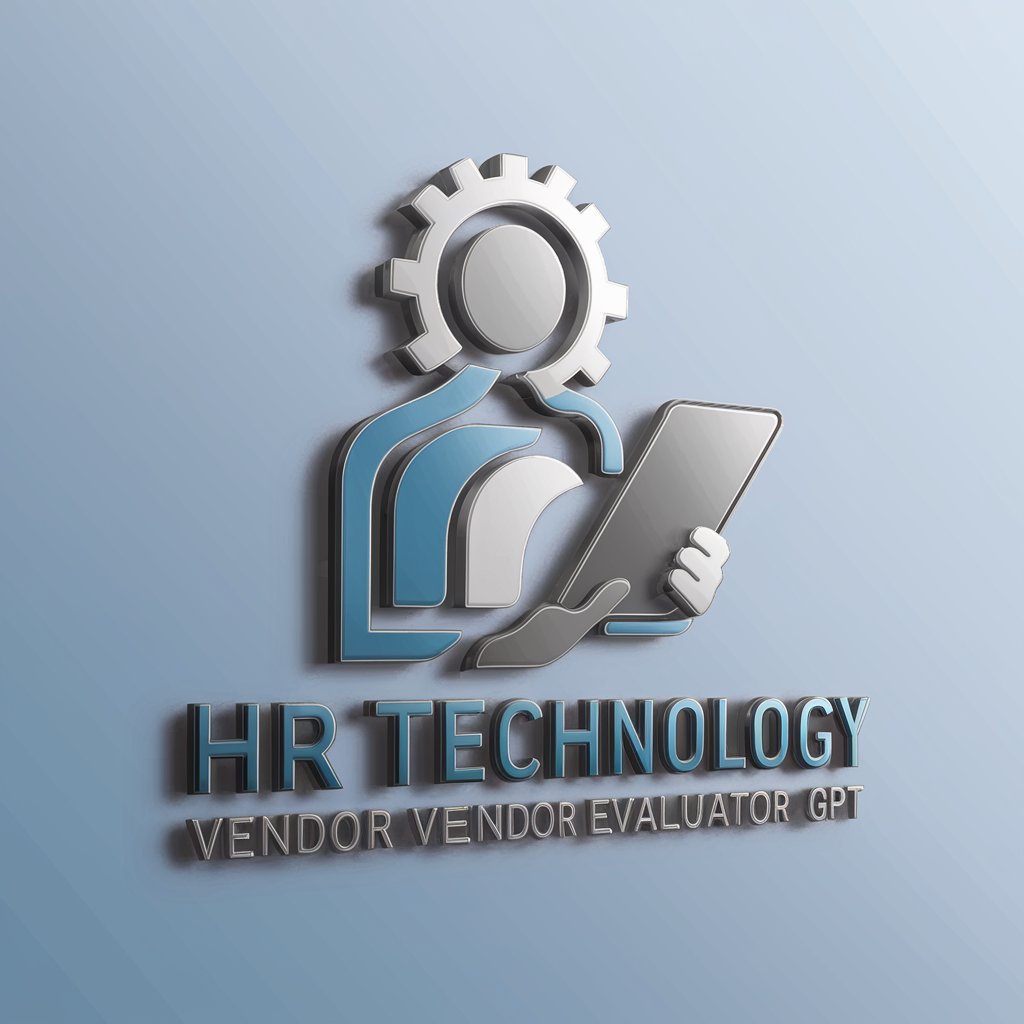
🌟 Workforce Branding Pro GPT 🚀
Elevate Your Employer Brand with AI
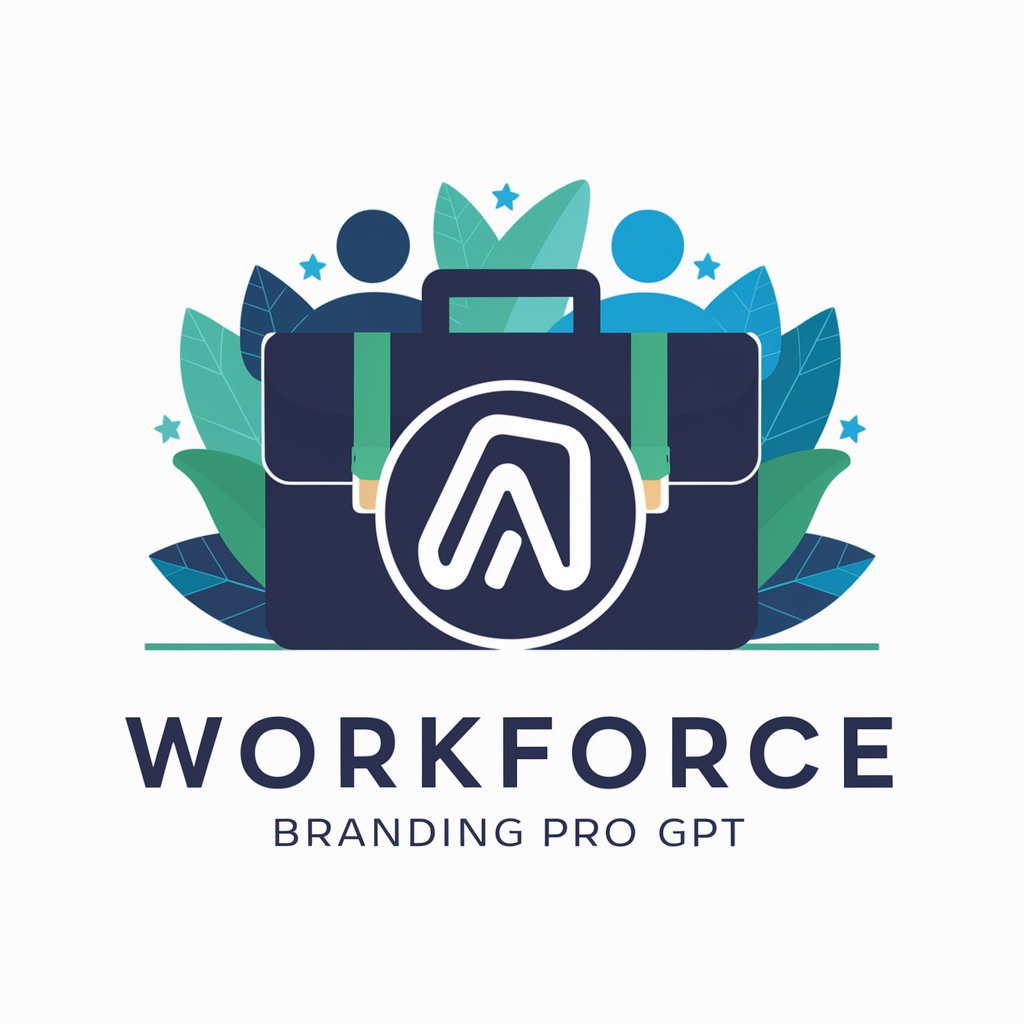
👥 HR Wellness Support Bot 🍃
Empowering workplace wellness with AI
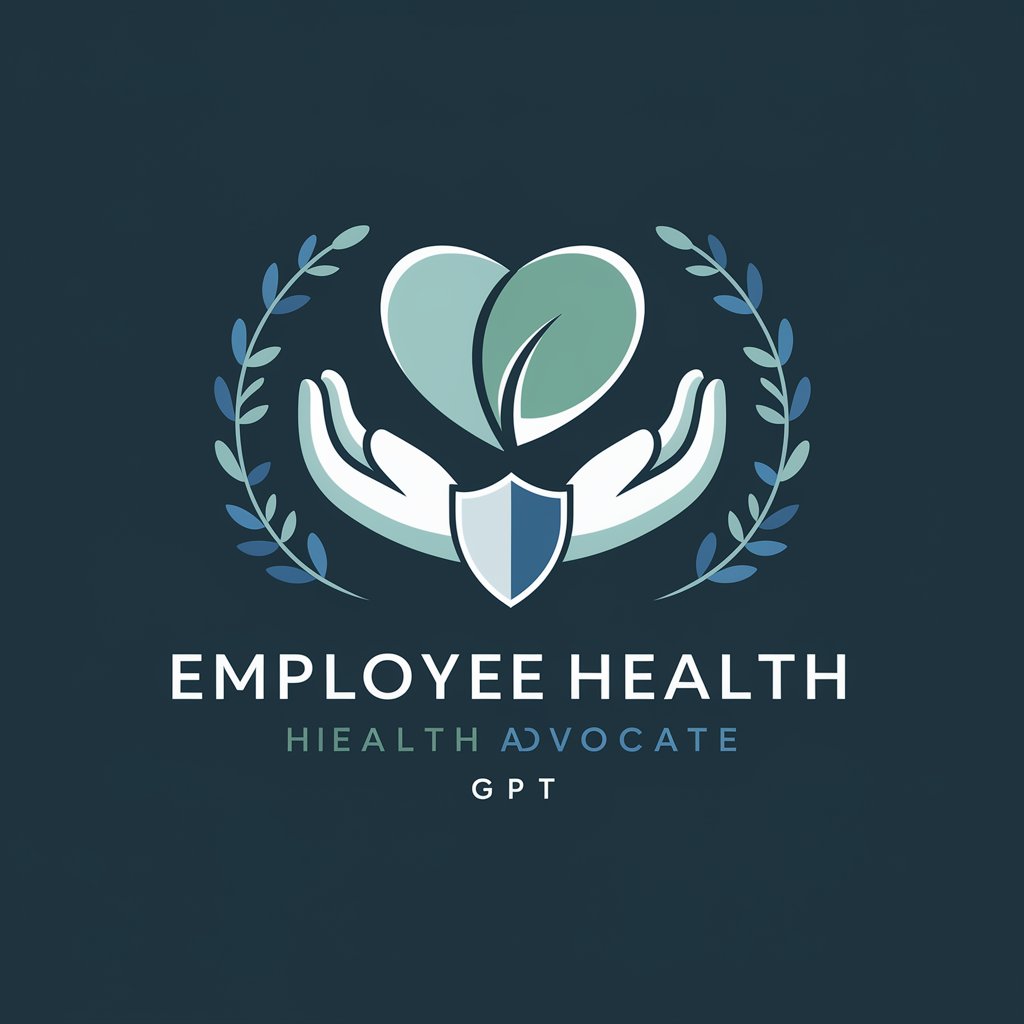
🔍 Talent Match Maestro 🎯 GPT
Streamlining talent acquisition with AI
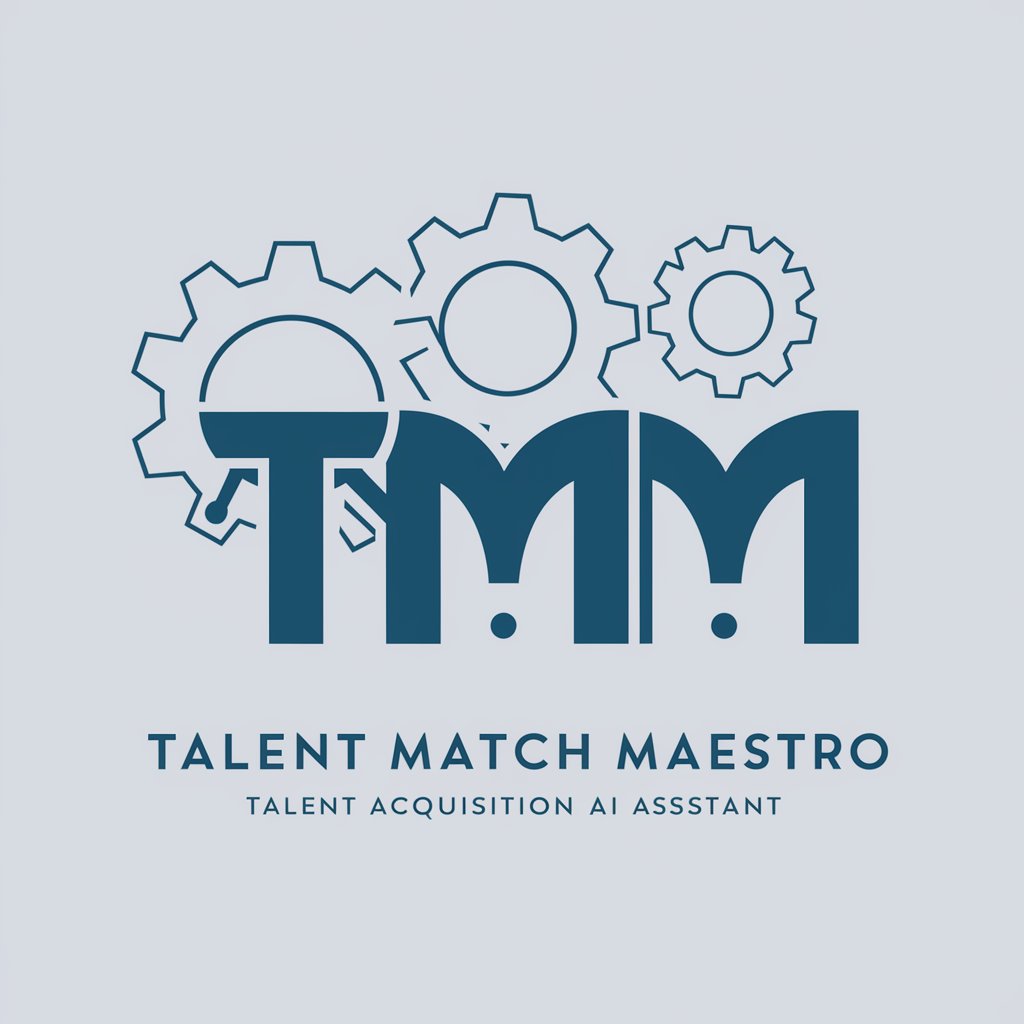
🧑💼🌐 Gig Economy Strategizer 💡📈
Optimize your gig with AI-driven strategy
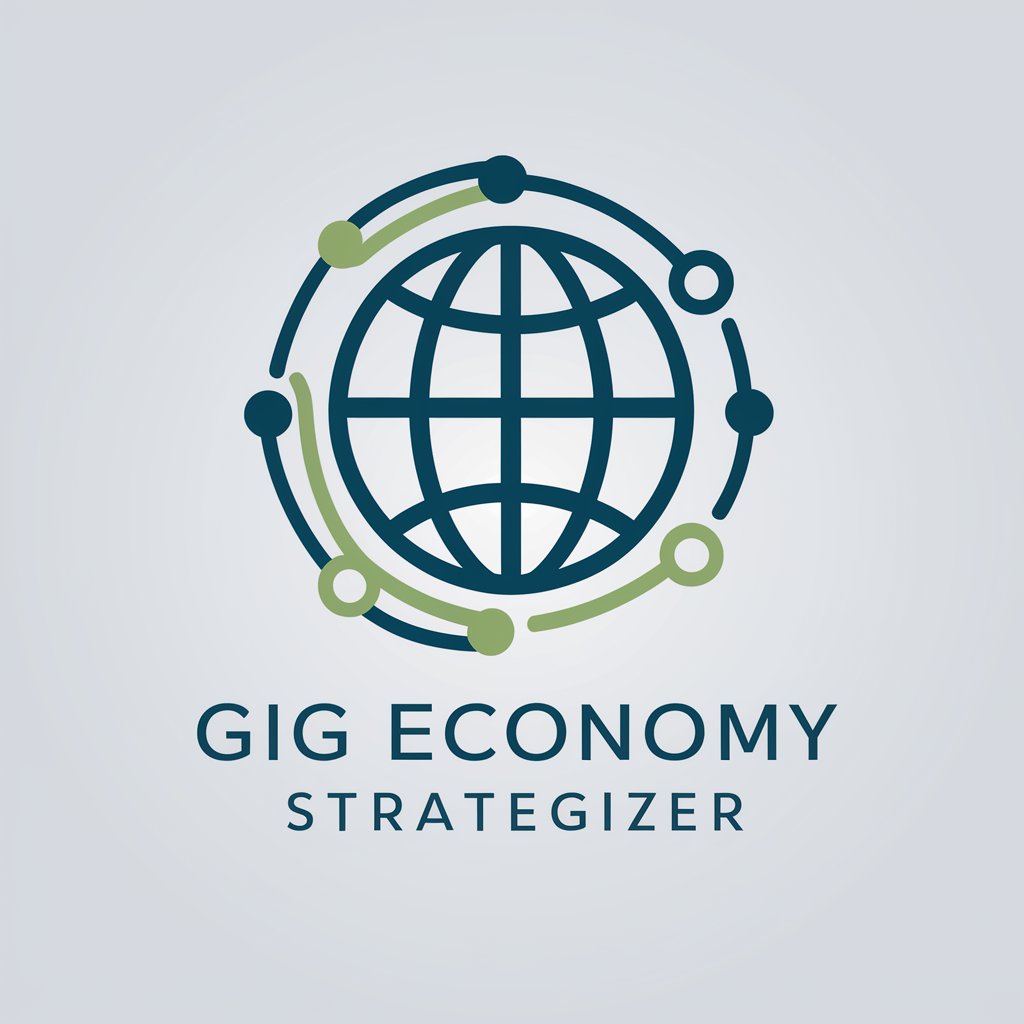
💼📊 Financial Wellness CoachBot
Empowering Financial Decisions with AI

🌟 Talent Scout App Maker 📲
Empowering Talent Management with AI
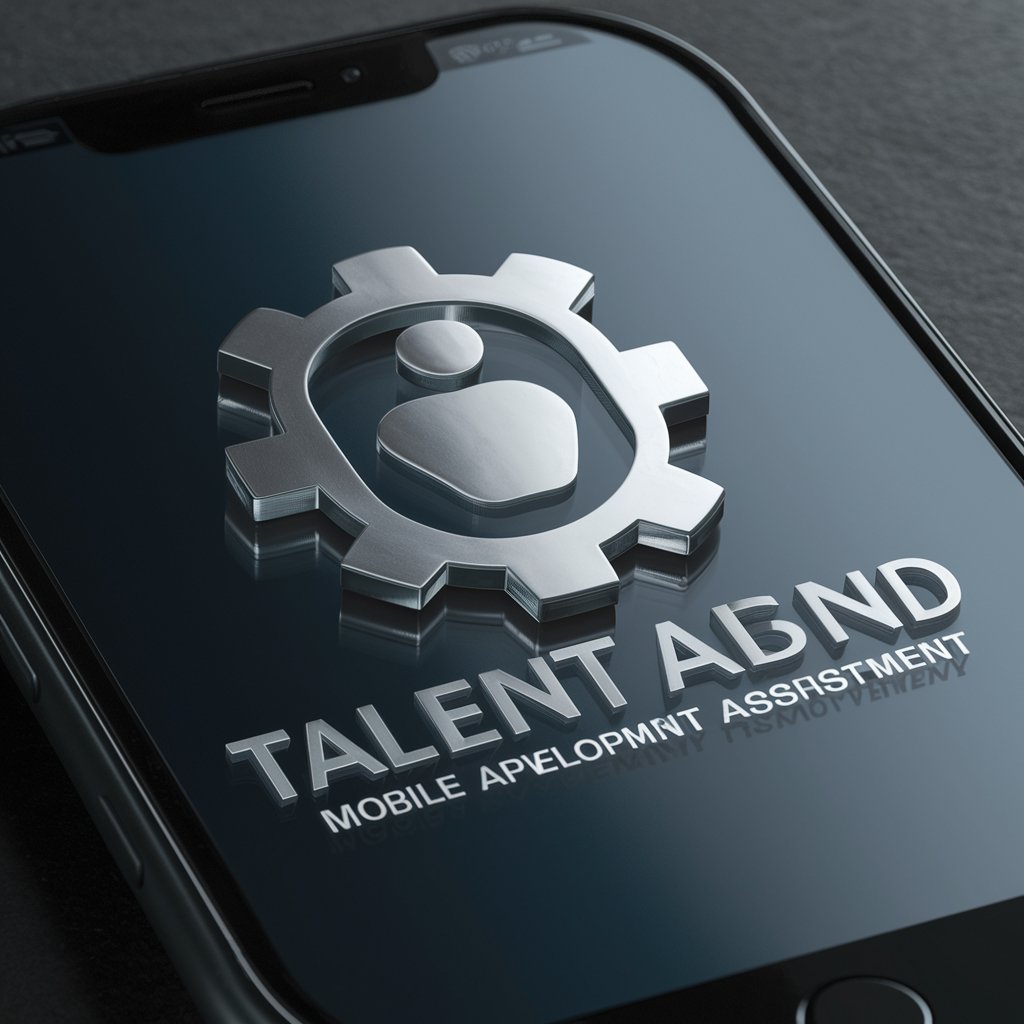
👥 HR EasyAssist Portal 🛠️
Empowering HR with AI Efficiency
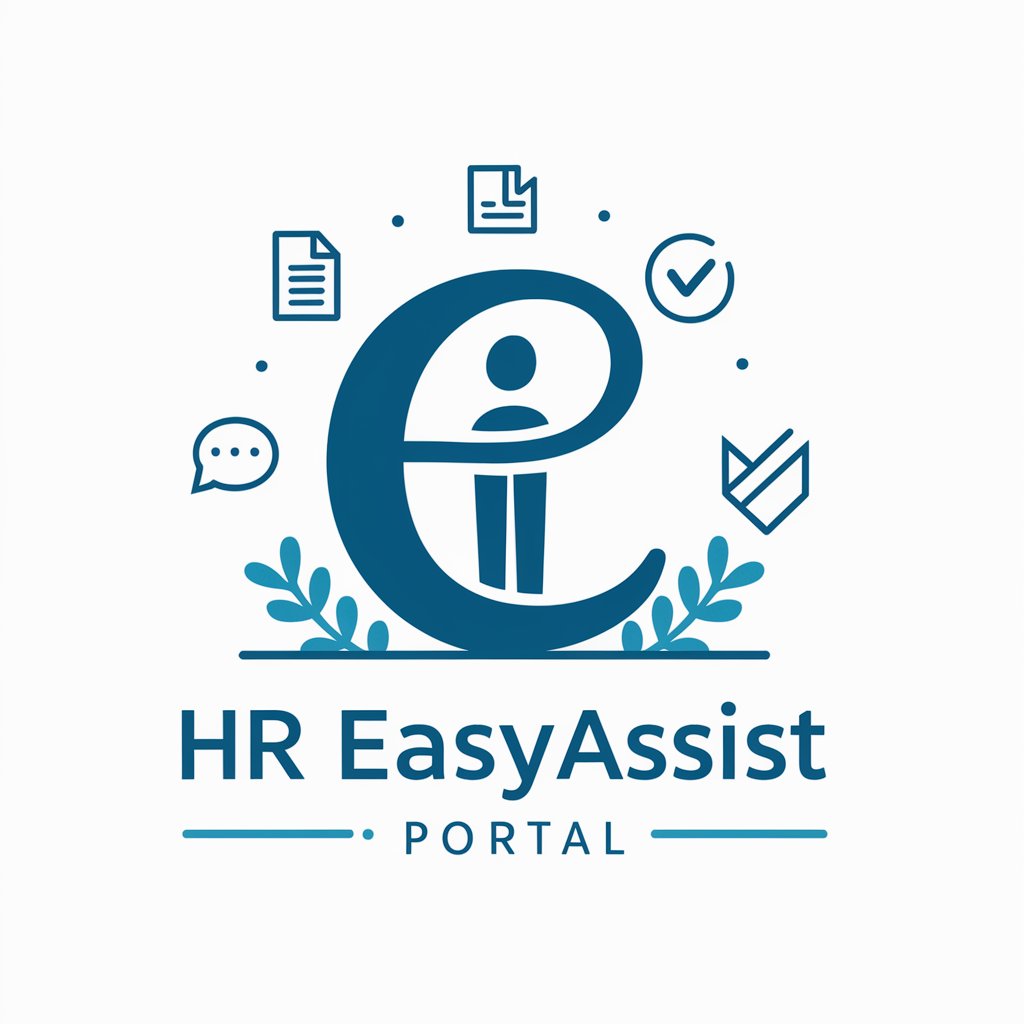
HR Tech 🚀 Adoption Wizard 🧙♂️
Empowering HR with AI
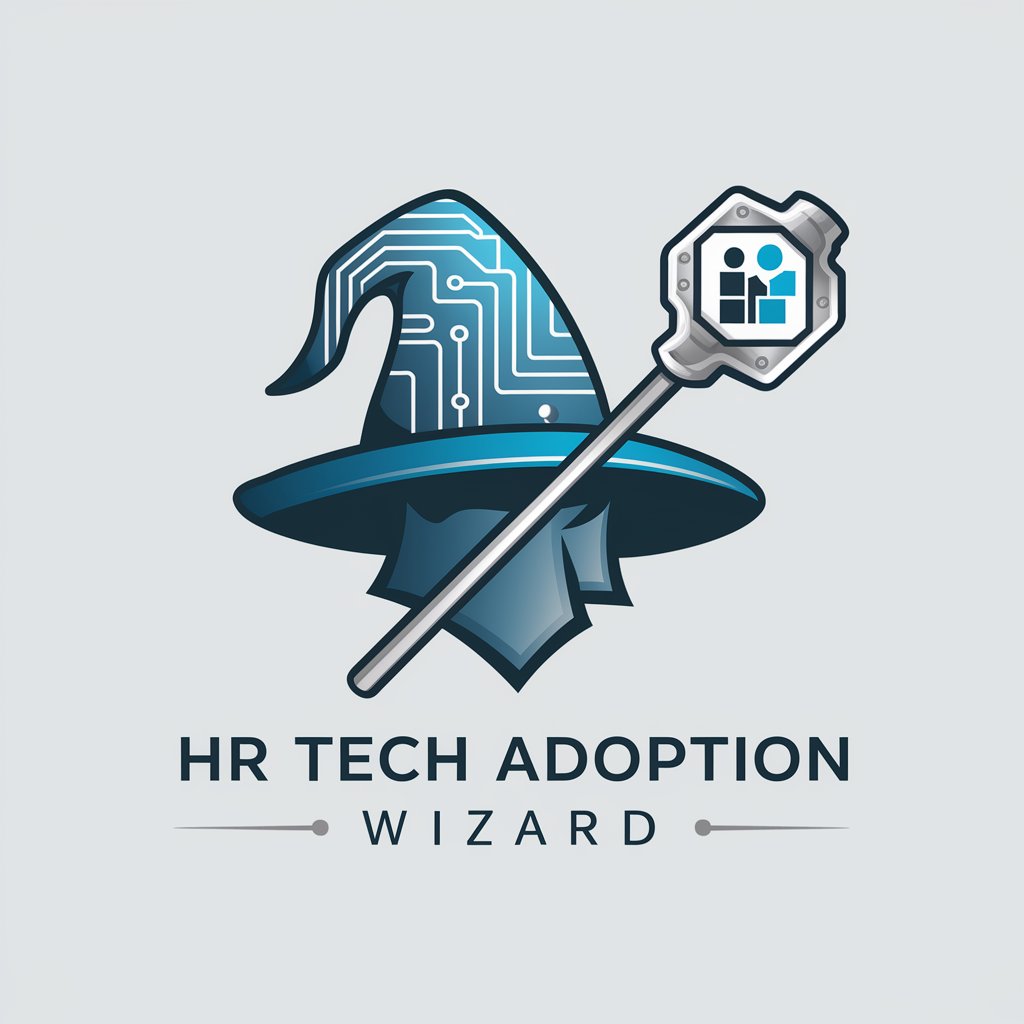
🌟 HR Value Boost Strategist 🚀
Empower HR with AI-driven EVP Strategies
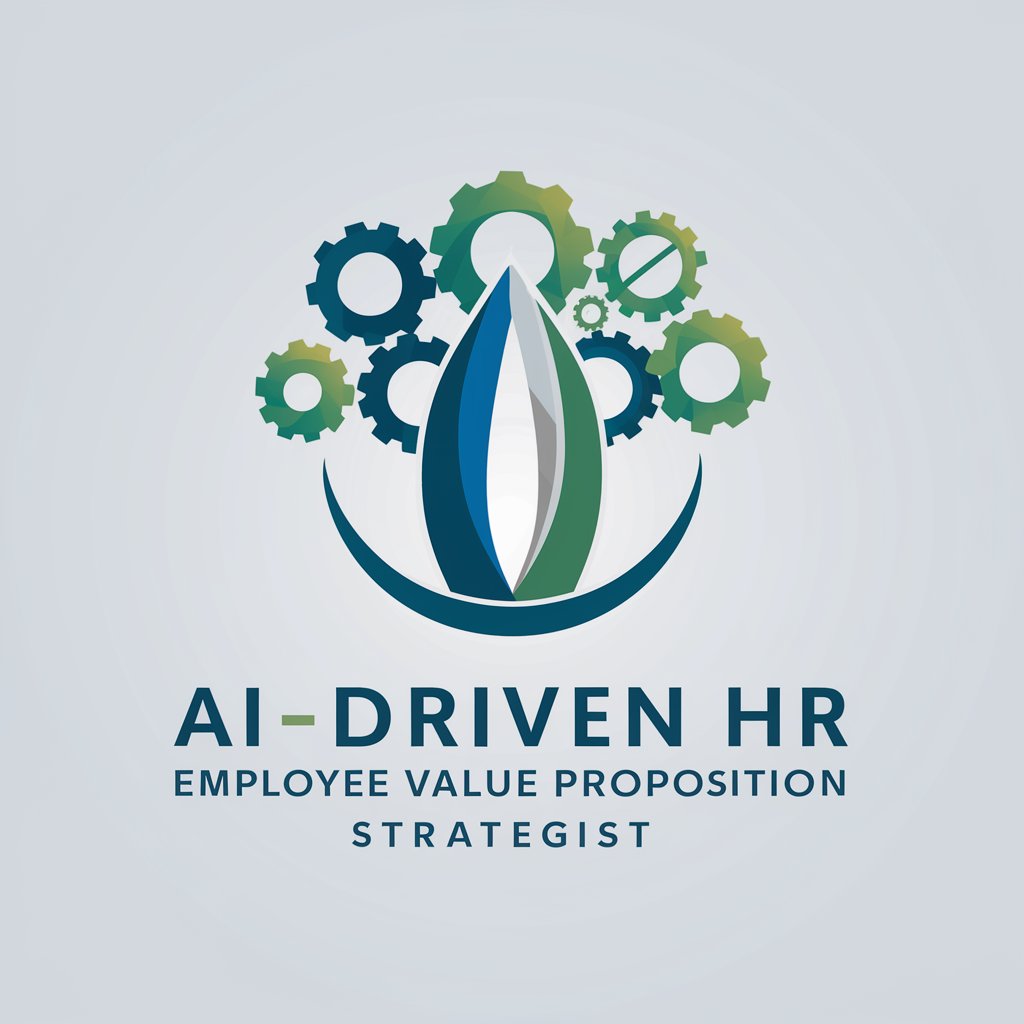
Frequently Asked Questions about HR Employee Lifecycle Manager GPT
How can HR Employee Lifecycle Manager GPT assist with employee onboarding?
This tool streamlines the onboarding process by generating customized checklists, providing legal compliance guidelines, and offering strategies for engaging new hires effectively.
Can it help in drafting job descriptions?
Yes, it can auto-generate detailed job descriptions based on the role, skills, and qualifications needed, ensuring they are comprehensive and attractive to potential candidates.
Is it capable of aiding in performance review processes?
Absolutely, it offers templates for performance reviews, advice on setting measurable objectives, and tips for giving constructive feedback, facilitating a thorough and fair evaluation process.
Does it provide support for employee development plans?
Yes, it can suggest tailored development plans, training resources, and career progression opportunities based on individual employee assessments and organizational goals.
How can it assist in managing employee offboarding?
It helps by creating structured offboarding checklists, conducting exit interviews, and ensuring compliance with legal requirements, thus ensuring a smooth transition for both the employee and the organization.
